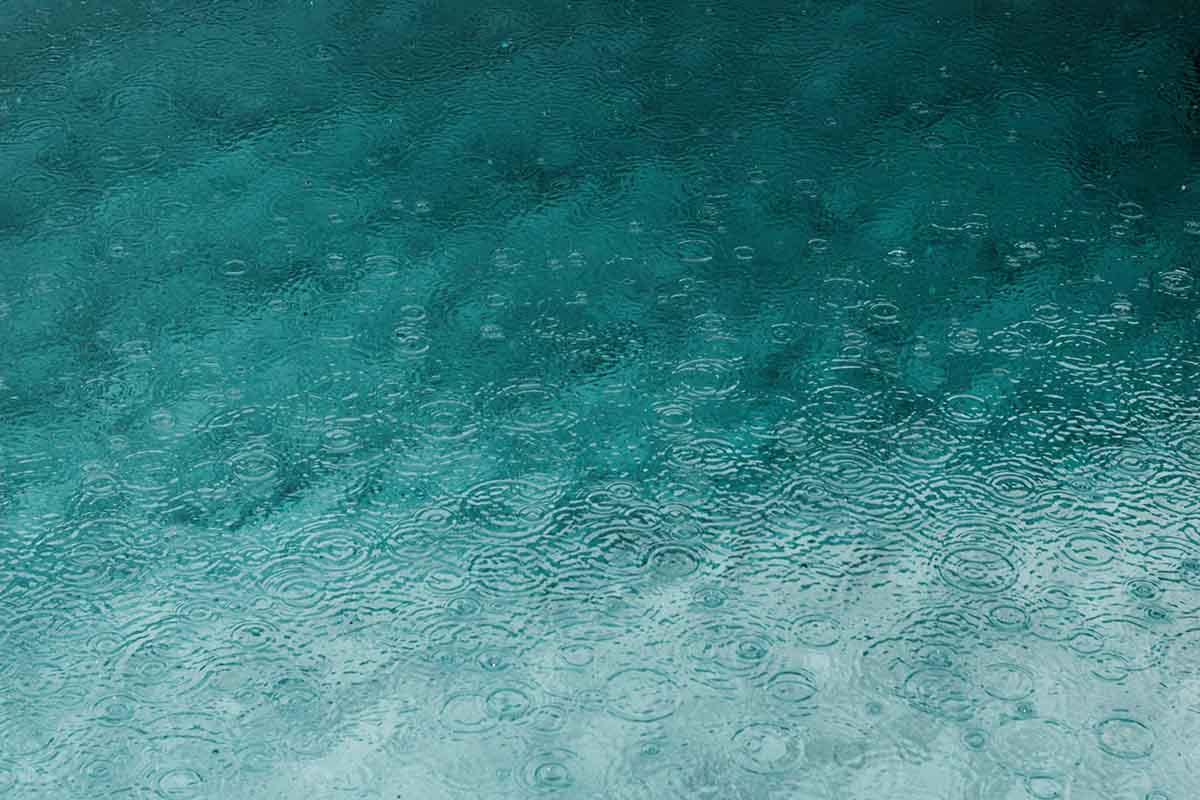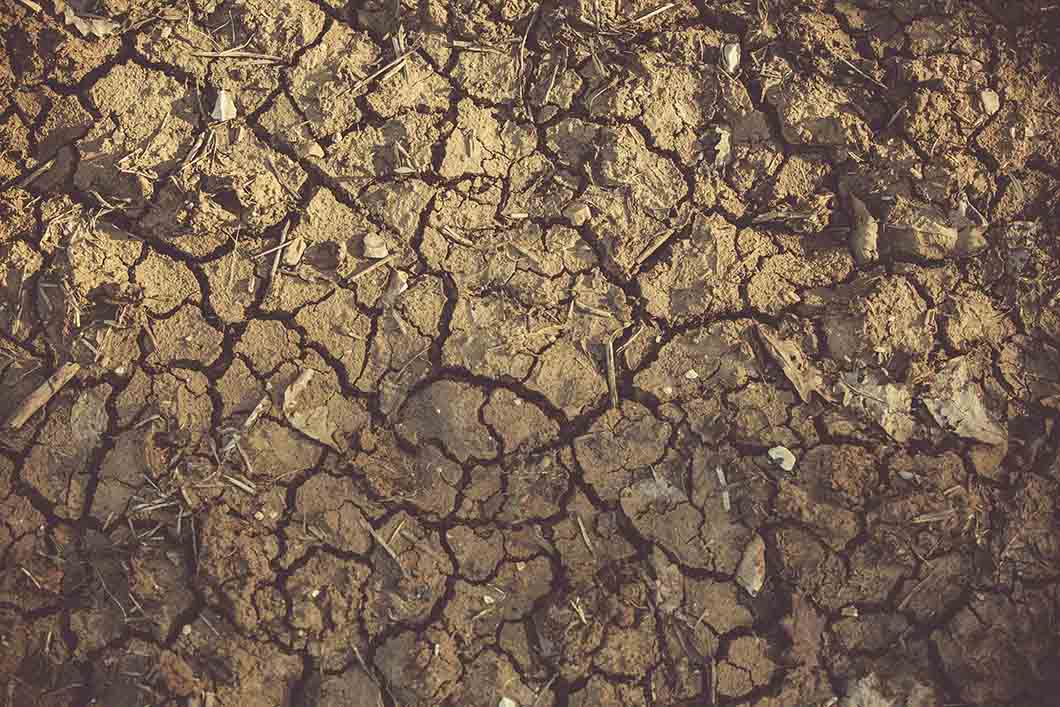The Ultimate Guide to Natural Hair and Dry Scalp
NaHaZo provides insight on the ultimate guide to natural hair and dry scalp treatment so that you have a one-stop solution for all your hair care questions.
Dry scalp is easily treatable and with the right knowledge and consistency, it can become a thing of the past.
When dealing with dry scalp issues, it is important to remember that the skin on your scalp is the same as the skin all over your body. This means that, just like the skin on your body, it tends to get dry due to neglect, or a variety of other reasons.
To get clued up on everything dry scalp related, you need to be familiar with:-
*Pssst, do you also suffer from dandruff issues? Catch up on our discussion on all things Dandruff and Natural Hair.
1. What causes a dry scalp?
The clue here is ‘dry’.
A dry scalp is caused primarily by lack of/absence of moisture on the scalp – this is when the skin on your head loses too much moisture.
This may be due to a variety of reasons, such as:-
- Living in dry, cold climates;
- Poor diet;
- Genetics, due to one or both parents having dry scalps;
- Aging, as people over 40 are more prone to having a dry scalp;
- Using harsh products that strip your hair of moisture;
- Being under-hydrated;
- Long exposures to artificial heating that dries out the air, such as heaters, stoves etc;
- Consistently taking long hot showers / baths;
- Underlying health conditions such as eczema, scalp psoriasis etc; and
- Hormonal changes, especially as women transition from perimenopause to menopause.
Are you currently experiencing hormonal changes? Has your hair texture, quality and scalp begun to change as a result of hitting your 40s? Check out our 411 on easy and effective ways to manage Perimenopause and Thinning Hair.
In a nutshell, the causes of a dry scalp are varied. Nonetheless, barring serious health conditions, the way in which dry scalps can be treated are universal and easy to incorporate into your lifestyle.
2. What are the symptoms of a dry scalp?
Some of the symptoms of a dry scalp are:-
- Itchy skin,
- Flaky white skin,
- Red or inflamed scalp, and
- Peeling skin.
These symptoms can range from very mild to extreme. It is, however, important not to confuse a dry scalp with dandruff.
Dandruff is a scalp condition caused by the growth of a fungi called Malassezia on your scalp, and is limited to where you have hair.
Dry Scalp, on the other hand, is usually not limited to the scalp alone, but also affects other parts of the body.
3. How do you treat a dry scalp?
3.1 Take a Lifestyle Audit
In order to effectively treat a dry scalp, you need to understand what lifestyle choices are causing it in the first place.
As you process the steps outline below, you will be in a better position to honestly audit what poor habits contribute to / cause your dry scalp.
Ready to undertake a lifestyle audit and go completely natural? Catch up on the 5 Things I wish I knew Before Going Natural.
3.2 Reduce exposure to heat

A dry scalp can be caused by consistent exposure to artificial heat sources or taking long hot showers and baths,
Therefore, shorter, lukewarm showers and less time spent close to artificial heat can help with treating dry scalp issues.
Also, keep away from heat styling tools such as hair dryers, curling irons and other tools that may further dry out your hair and scalp.
3.3 Increase your intake of water
Did you know that about 60% of your body weight is made out of water?
It therefore makes sense that drinking adequate water daily is a big win for your scalp. This not only improves your scalp health, but your overall health as well.
The recommended water intake for women is 2,2 litres and 3,7 litres for men.
This, however, varies from person to person depending on individual activity levels and personal context. However a good rule of thumb is not to stray too far off this mark.
Drinking water can seem daunting, especially when you are not used to this habit. However, you can also get your fluids from beverages such as tea, juice and certain foods.
3.4 Stop using harsh soaps, hair products and detergents on your hair.
There are certain products that trigger a dry scalp condition.
Take a lifestyle audit of the products on your shelf, look at the active ingredients and determine whether they are drying.
A dead giveaway is if the product contains alcohol. If this is the case, make sure you limit / minimise use of this product. Rather invest in products that cleanse your scalp without drying it out, or you can make your own DIY products.
Keen to make your own oils? Our DIY Clove Oil, Coffee Oil and Onion Oil are great for scalp health and hair growth.
3.5 Manage Stress
 Another trigger to manage is stress and you will need to remove / minimise the stressors that you have control over.
Another trigger to manage is stress and you will need to remove / minimise the stressors that you have control over.
For those triggers that you have no control over, such as work and family environments, practicing relaxation techniques is good rule of thumb.
Techniques like yoga, meditation, affirmations, socialising with positive people and doing exercise are some of the ways that you can reduce triggers to a dry, itchy scalp.
Reading is also a cheap, relaxing and great way to get some feel good hormones, as you relax.
Why not relax with NaHaZo’s recommended page-turners that showcases Books Featuring Characters with Natural Hair.
3.6 Use a humidifier
While you cannot control the weather, you can control the temperature inside your home.
During cold winter months, introducing a humidifier into your room can help offset the drying effects of artificial heat sources.
This helps balance out the air in the room and introduces much needed moisture to even out the dryness.
3.7 Use over the counter products
There are certain over the counter products that minimise / get rid of a dry itchy scalp.
When choosing an over the counter remedy, look for the following active ingredients:-
🌺 Salicylic acid; and
🌺 Coal tar.
These two ingredients are essential for dealing with a dry itchy and flaky scalp.
3.8 Wash your hair less often
When you suffer from a dry scalp, it is a good idea to limit the number of times you wash your hair.
Doing this will allow your hair to retain some moisture, and reduce the likelihood of it drying out. It may also be a good idea to switch from using a shampoo to co-washing your hair.
Not sure what co-washing means? Find out all about it and more in our Natural Hair Glossary for 2024 – 50 Top Natural Hair Buzz Words.
3.9 Quit Smoking

Smoking is an environmental toxin that causes inflammation and also dries out the skin on your head.
Smoking is a big contributor to a dry scalp.
Should you want to resolve your dry skin issues once and for all, it is a good idea to give cigarettes the boot.
3.10 Improve your diet
Want a healthy scalp from the inside out?
Then look at improving your diet.
Your scalp and hair are 2 big indicators of your overall hair health and it is a no-brainer to take care of what you put in your body to see results in what comes out of it.
A healthy, balanced diet helps fight certain nutritional deficiencies and inflammations that cause dry, itchy scalps.
Foods rich in essential nutrients such as biotin, B vitamins, vitamin C, iron, vitamin E, omega 3 and zinc are great choices to include into your weekly menu.
Need tips on superfoods for your hair? Check out our Ultimate Guide: 17 Super Foods to Combat Hair Loss.
3.11 Consult a dermatologist
Should your dry, itchy scalp not get any better or the symptoms become severe, then it may be a good idea to consult your medical practitioner.

A dermatologist will assess your hair and then treat it with specific products. Also, should your dry hair be due to other underlying conditions, then a health care practitioner will be able to refer you to a specialist.
Armed with these 11 healthy hair gems, you should be on the first step towards treating your dry scalp issues.
However, you still need to consistently maintain the moisture levels in your hair, and you can do this by moisturising your scalp with and without oil.
4. How to moisturise your dry scalp?
4.1 How to moisturise your scalp with oil?

The secret to moisturising dry, flaky scalp without your scalp become too greasy is to use the right oils. This means knowing the difference between moisturising oils and sealant oils.
Read up on Moisturising Oils vs Sealant Oils.
Moisturising oils help hydrate your scalp, while sealant oils keep away moisture from scalp as well as trap moisture in. If you frequently use a sealant oil and you suffer from a dry scalp, this can make your condition much worse.
You will need to rather introduce a moisturising oil into your regime that can help hydrate your scalp.
Follow these five tips to moisturise your dry and itchy scalp so as to get the best benefits of a hydrated scalp:
1. Tip One: Use a moisturising shampoo
These shampoos are silicon, sulphate and paraben free and usually indicate their moisturising properties.
They are less drying than ordinary shampoos, and can even add moisture to your hair as it cleanses it.
2. Tip Two: Stay away from conditioning treatments for a while
The reason for this is that these treatments can clog your pores, making the itching worse.
Alternatively, if you do use it, make sure you apply the conditioner to your hair only, avoiding the scalp.
3. Tip Three: Use lukewarm to cool water to wash your hair
Using lukewarm to cool water to wash your hair helps retain whatever moisture you may have.
It also prevents further stripping away of your scalp and hair oils, as opposed to using hot water.
4. Tip Four: Apply a light moisturising oil to your scalp
It is important to only apply moisturising oils to your scalp. These can help hydrate it, thus helping to restore moisture to your hair.
Check out our 5 Best Moisturising Oils for Natural Hair.
You can also add some essential oils to your moisturising blend, such as peppermint and eucalyptus oil. These help stimulate the scalp, but make sure you use it in tiny amounts to avoid further aggravating your scalp.
5. Tip Five: Sleep with a satin bonnet
Go to bed with a satin bonnet.
A satin bonnet helps preserve whatever moisture you have. It also stops moisture being absorbed from your hair into your beddings, which can further dry your hair.
4.2 How to moisturise your scalp without using oil?

Should you suffer from a dry, flaky scalp, but need to avoid putting oil onto your scalp to avoid irritation, there are other options to moisturise your scalp without oil.
To moisturise your scalp without oil, follow this 3 step process:-
Step 1
Cleanse your scalp so that you start with a clean, fresh scalp.
To avoid over cleansing, dab a damp cotton wool over your scalp to freshen it.
Step 2
Spray Rose water onto your scalp and massage it in.
NaHaZo Tip: To avoid irritation, make sure that the Rosewater is actually 100% rosewater as some products contain rose distillate or rose hydrosol, which can be very drying.
It is also important to read the ingredients, as some of the rose water that is sold contains alcohol. Alternatively, you can make your own DIY Rose Water for Hair.
Step 3
Apply pure Aloe Vera gel directly to your scalp. You can use the store-bought 100% pure aloe vera gel or make you own DIY Aloe Vera Gel for Hair.
You can also apply the gel from a freshly cut aloe directly to your scalp.
Repeat this process two to three times a week for a moisturised scalp.
5. How to keep your scalp moisturised?
The magic word here is consistency.
You will need to be consistent with your scalp care and incorporate the tips outlined above for at least 3 months.
During this period, be conscious of and document how your scalp and hair behaves, and improve / adjust accordingly.
Barring underlying medical conditions, treating a dry scalp is easy.
This is as long as you prioritise healthy hair care routines, are patient and listen to what your hair likes and does not like.
6. Home remedies to treat a dry, itchy scalp
It is possible to care for your hair without having to resort to non-organic remedies.
Our homes and fresh food stores have a host of home remedies that you can incorporate into your daily/weekly/monthly routine to treat a dry scalp.
These home remedies involves using avocado; yoghurt; bananas; jojoba oil; baking soda and olive oil; witch hazel; aspirin; onion juice; lemon juice; aloe vera gel; tea tree oil; coconut oil; apple cider vinegar; oatmeal; and neem oil.
Catch up on our step by step process on Home Remedies for a Dry, Itchy Scalp.
7. Medicated shampoo to treat a dry, itchy scalp
 A medicated shampoo is effective in treating a dry, itchy scalp.
A medicated shampoo is effective in treating a dry, itchy scalp.
When looking for a remedy, buy medical shampoos with the following active ingredients:-
🌺Tar-based shampoos —these help slow the rate at which scalp skin cells start dying and flaking off;
🌺Salicylic acid shampoos —Alicyclic acids shampoos are effective with healing scales on the scalp; and
🌺Pyrithione zinc shampoos — Contains the agent zinc pyrithione, an antifungal and antibacterial agent.
Conclusion
Hopefully this comprehensive guide has given you all the tips, tricks and knowledge to take the first step in treating your dry scalp condition.
Have any of these remedies formed part of your regime? What has your experience been dealing with dry, flaky scalp conditions? Let us know in the comments how you have managed to resolve your issues.
Until the next time, happy naturaling ladies!

